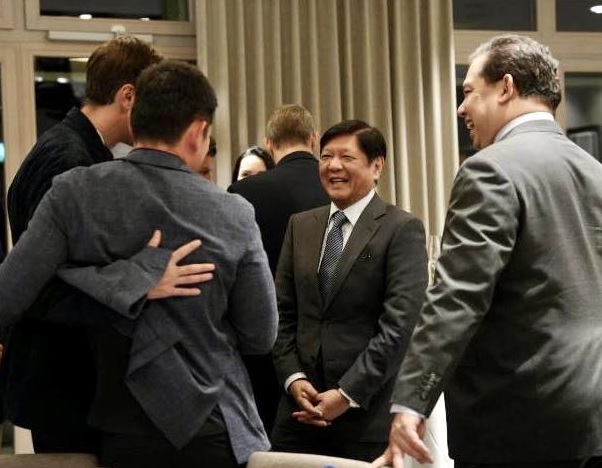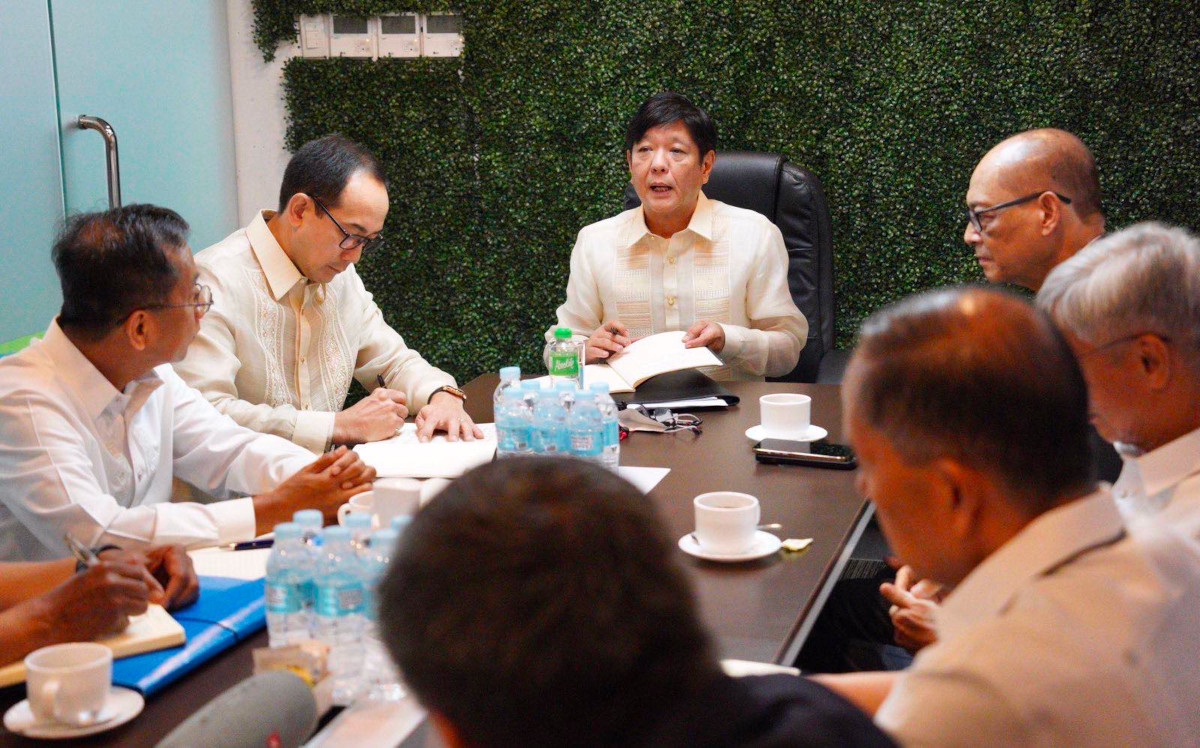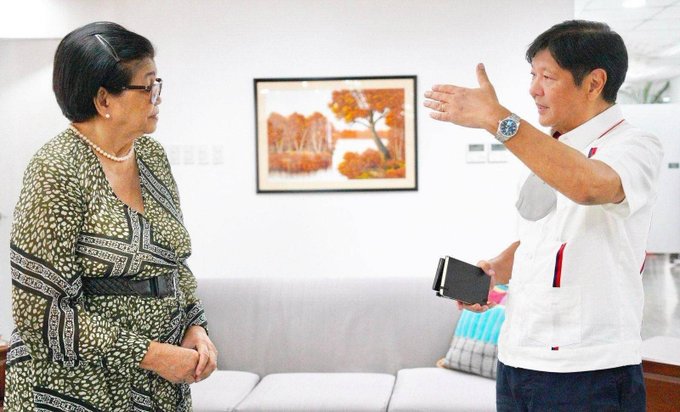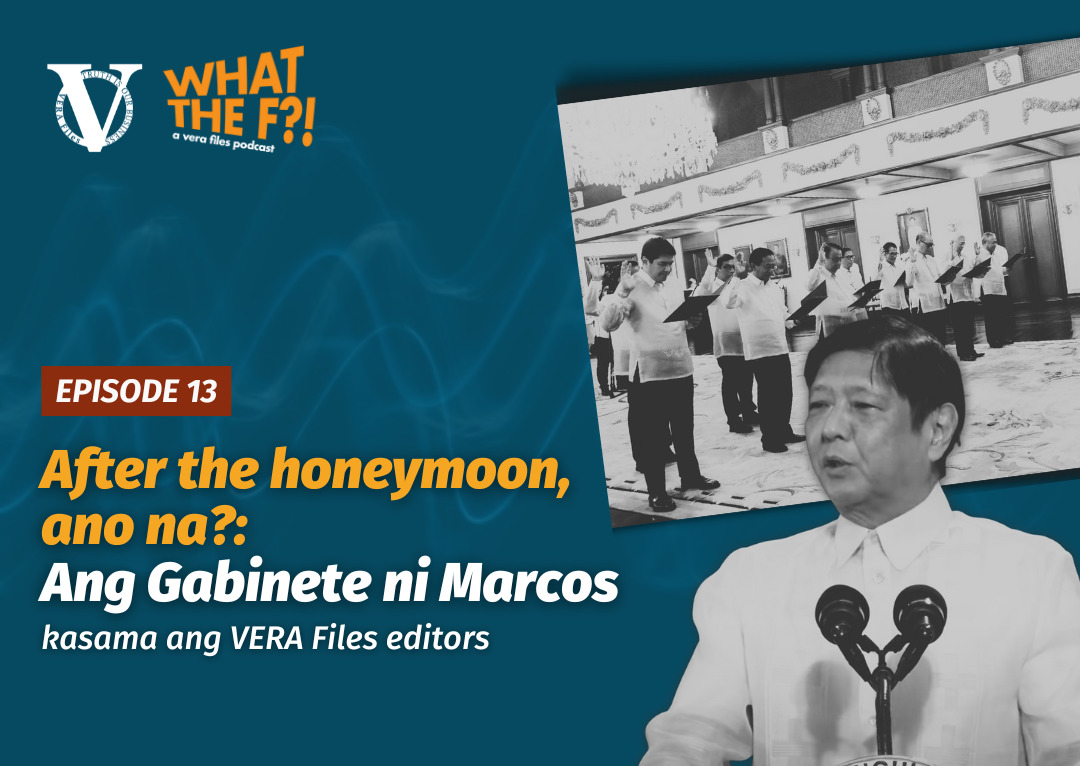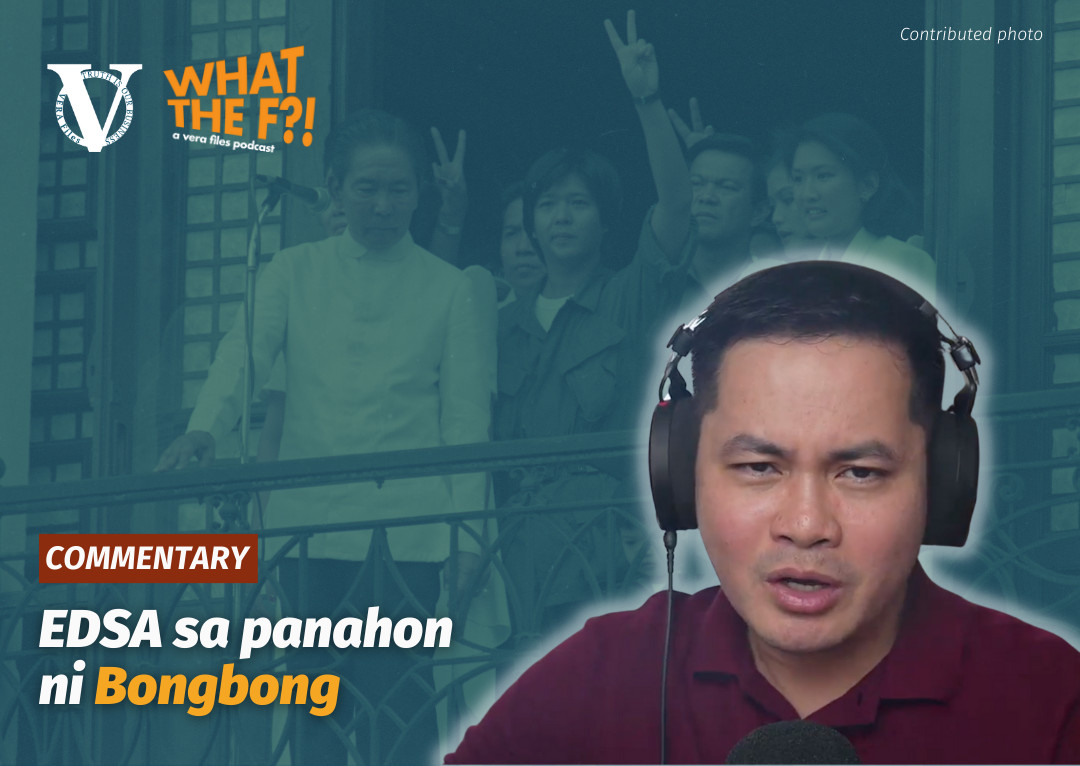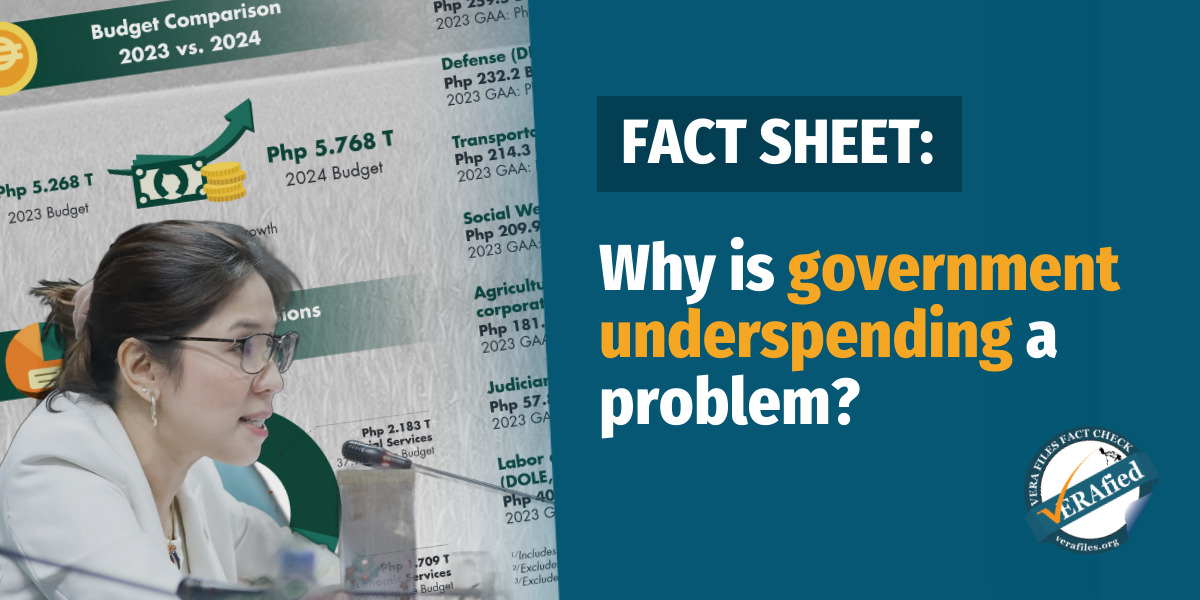Whether they are spoofed or spammed in the lighter side of life, the hard reality is that the Marcoses’ association to plunder and theft has not allowed them to travel to just anywhere in the world. Or so we had thought.
Two countries in the world have banned the entire Marcos family from stepping on.
In November 12, 1986, the seven-member Swiss Federal Council, which earlier in March had ordered a freeze of all Marcos assets in Switzerland, declared that the dictator Ferdinand Sr., his conjugal dictator half Imelda, and his family were personae non gratae. On November 14, all Swiss frontier posts were instructed to refuse entry to the Marcoses.
Swiss officials told international media then that Niklaus Rudolf Schweizer, the Swiss consul in Honolulu, was instructed by his government to personally inform Marcos of the ban. The ban also included members of the entourage that escaped with him to Hawaii, specifically his henchman Fabian Ver.
Earlier that year, the deposed dictator of Haiti Jean-Claude “Baby Doc” Duvalier was also served a similar ban by the Swiss government.
The one of the United States is not a ban but a warrant of arrest.
In December 1996, the US 9th Circuit Court of Appeals of San Francisco upheld a $1.9 billion verdict handed by a Honolulu jury in 1995 that Ferdinand Marcos was responsible for massive human rights abuses including torture, murder and disappearances of fellow Filipinos.
The 1995 judgment then pronounced that Imelda Marcos and Ferdinand Marcos Jr., as executors of the late dictator’s estate, must pay up or face contempt, or pay a fine of $100,000 per day to coerce them into compliance. Btw, this is one instance when the Marcos campaign line “the sins of the father should not be visited upon the son” is hogwash. Marcos Jr. is liable as executor of his deceased father’s estate for which he is an heir.
The Marcoses appealed the decision, saying it was coercive and unenforceable. In 2012, the US Court of Appeals said that “even if Marcos is correct that the contempt sanction was coercive, it was clearly compensatory” because it was meant to indemnify human rights victims. By 2012 figures, the amount was in the vicinity of $353,600,000.
In August 2019, the new judge handling the case, Derrick Watson, extended the contempt judgment to January 25, 2031. In the US justice system, all cases of criminal contempt are punishable by imprisonment if the fine is unpaid. An arrest warrant can be issued to any of the Marcoses if they set foot on US soil.
So why was Bongbong Marcos not arrested during his trip to New York in September of the previous year? The US Deputy Secretary of State Wendy Sherman provided the answer during a visit to Manila in June last year: as president, he enjoys diplomatic immunity.
We can assume the same courtesy in his current visit to Switzerland. He has no arrest warrant there but there is the ban on entry to the country.
We can now understand that part of the reason why the Marcoses have been planning their return to power is the chance once again to travel like they used to. If it is true that even Irene Marcos Araneta is part of the entourage to Switzerland, she too can be accorded the same diplomatic immunity as part of a head of state’s official party.
Notice that Imee Marcos has never made any trips to the US in the last decade. She can be arrested once she arrives at her US port of entry.
In 2016, Bongbong Marcos said that his mother was disappointed that he ran only as vice president. We can also understand that. The vice president may not hold the same diplomatic immunity as a president. By becoming president of the Philippines, Bongbong Marcos is now able to enjoy a temporary ticket to freedom – freedom to globetrot.
Former commissioner of the Presidential Commission on Good Government Ruben Carranza best sums up for us the issue of Marcos Jr.’s travels: immunity is temporary; liability is forever.
A tempting option for the Marcoses then: stay in power forever.
